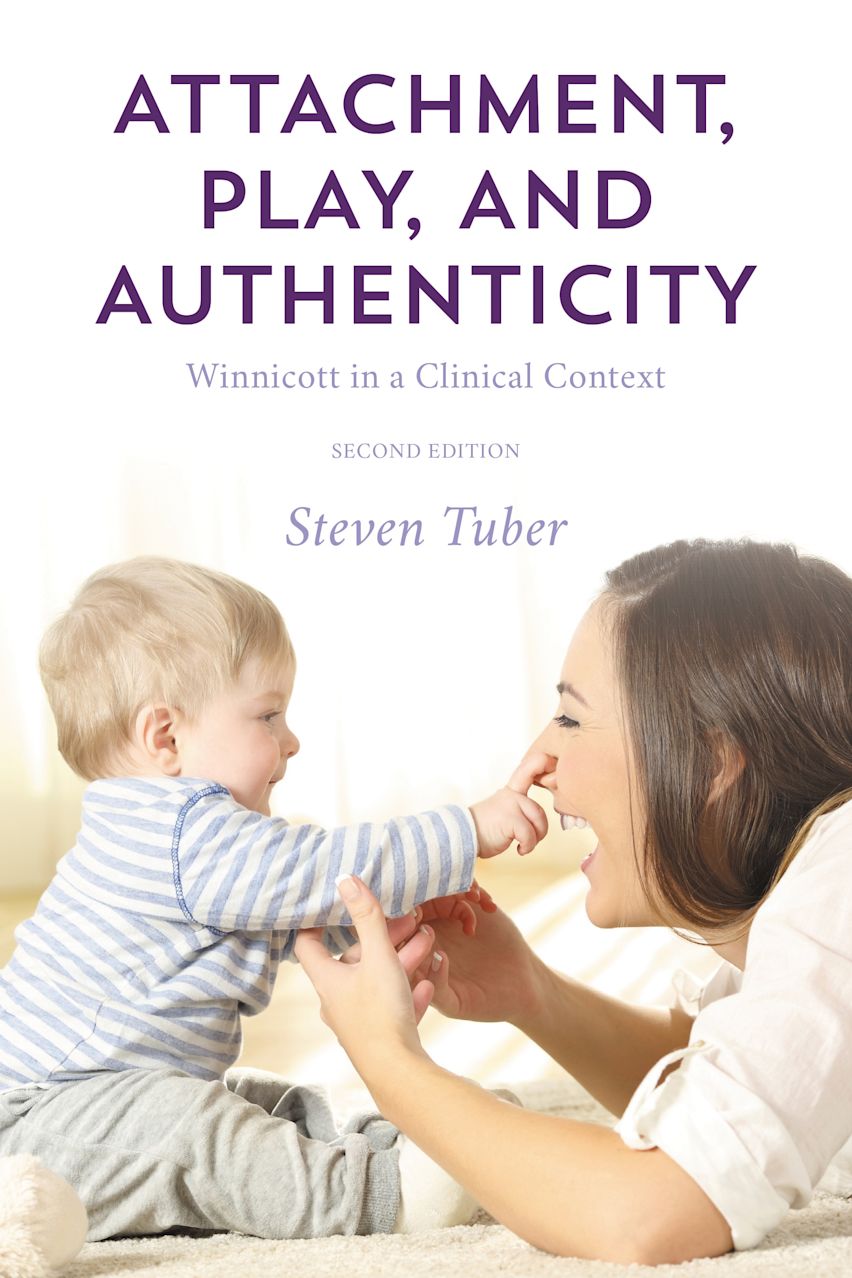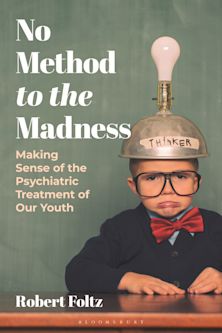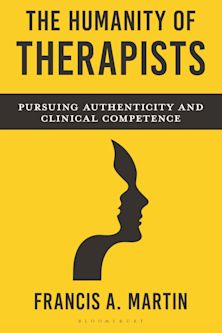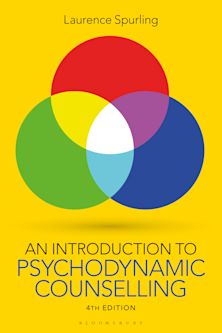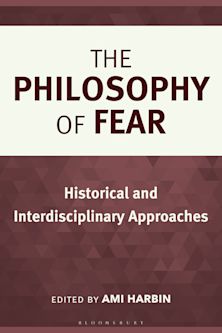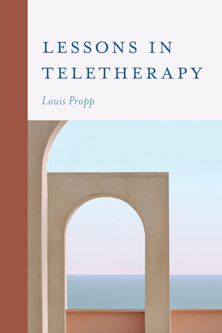- Home
- ACADEMIC
- Psychology
- Psychotherapy & Counselling
- Attachment, Play, and Authenticity
Inspection copy added to basket
This title is available for inspection copy requests.
Please note our inspection copies are only available in ebook format, and are fulfilled by VitalSource™. If an ebook isn’t available, please visit our inspection copy page for more information.
Buy from Bloomsbury eTextBooks
You are now leaving the Bloomsbury Publishing website. Your eBook purchase will be with our partner https://www.vitalsource.com.
Your credit card statement will show this purchase originating from VitalSource Technologies. They will also provide any technical assistance you might require.
You must sign in to add this item to your wishlist. Please sign in or create an account
Description
Donald Winnicott, the first pediatrician to become a child psychoanalyst, was the most influential and important child therapist in the field of child clinical psychiatry and psychology. Having consulted with over 30,000 mothers and children as part of his work in London city hospitals over 40 years, he had an almost magical capacity to engage with children and to soothe and guide parents through their most anxiety-ridden times. His optimistic notions of the “good enough” mother has calmed generations of parents; his depiction of security blankets (“transitional objects”) found full flower in the Charlie Brown character Linus; his stressing of the importance of the capacity to play as the gold standard of mental health had an enormous impact on preschool and kindergarten education and his focus on the insidious impact of a lack of authenticity or “false self” has led to countless papers on the malevolent impact of narcissism at both the individual and societal levels.
Attachment, Play and Authenticity: Winnicott in a Clinical Context, 2nd edition, attempts to take these contributions and place them directly in the consulting room. Actual child-therapist vignettes are paired with each chapter's theoretical contributions. The reader is thus first transported to Winnicott's powerfully alive depictions of what happens in healthy and pathological mother-child interaction and then brought to see how these depictions manifest themselves in child therapy. No other work on Winnicott has applied this focus to the integration of theory and practice.
Table of Contents
Acknowledgments
1 Dialectical Meaning-Making in Infancy
2 A Good Object Must Be Found in Order to be Created
3 The True Self and False Compliance
4 We Are Essentially Isolates, with the Capacity to Be Alone
5 Using Objects and the Capacity to Hate
6 Integrating Theory with Therapy: The Case of Bob
7 The Meaning and Power of Play: How Does Learning to
Play Enable Work and Indeed Life to Proceed?
8 The Mind, the Body, and the World of Transitional Phenomena
9 Hate in the Countertransference
10 The Antisocial Tendency
11 The Aims of Psychoanalytic Treatment
12 Winnicott as Therapist More than Theorist
Bibliography
Index
About the Author
Product details
| Published | 09 Jan 2019 |
|---|---|
| Format | Ebook (Epub & Mobi) |
| Edition | 2nd |
| Extent | 256 |
| ISBN | 9781538117231 |
| Imprint | Rowman & Littlefield |
| Publisher | Bloomsbury Publishing |
About the contributors
Reviews
-
This second edition stands out front as a unique exceptionally thoughtful integrated summary of Winnicott's work. Tuber carefully identifies what is essential for students and clinicians to know and brings to it a coherence that piecemeal study would never achieve. This book is a wonderful presentation of Winnicott's work, from which both Winnicott and the author emerge with immense distinction.
Peter Fonagy, OBE, FMedSci, FBA, FAcSS, head of the Division of Psychology and Language Sciences, UCL; CEO, Anna Freud National Centre for Children and Families,
-
This is one of the few must-have books that no self-respecting psychotherapist should be without. There is something very special about Tuber’s capacity, not just to communicate Winncott’s ideas in a profound yet accessible way, but perfectly to embody his playful, creative brilliance. Each chapter moves seamlessly from exposition of a seminal Winnicott concept –the capacity to be alone, the necessity of hate, the use of an object, ruthlessness, true and false self -- through vivid contemporary up-dating, to detailed and truth-imbued clinical illustrations of work with children of varying ages, ethnicities and pathologies. As the man himself might have said: ‘hello glorious book, I’ve just devoured you’!
Jeremy Holmes, MD, FRC, professor, Psychology, University of Exeter, UK
-
Steve Tuber’s brilliant ode to Winnicott, now enriched with clinical material drawn from the work of beginning psychotherapists, brings the work of this master alive in all its richness and magic. I can think of no better interpreter of Winnicott for psychotherapists at all levels of training; this is a masterpiece.
Arietta Slade, PhD, professor of Clinical Child Psychology, Yale Child Study Center











